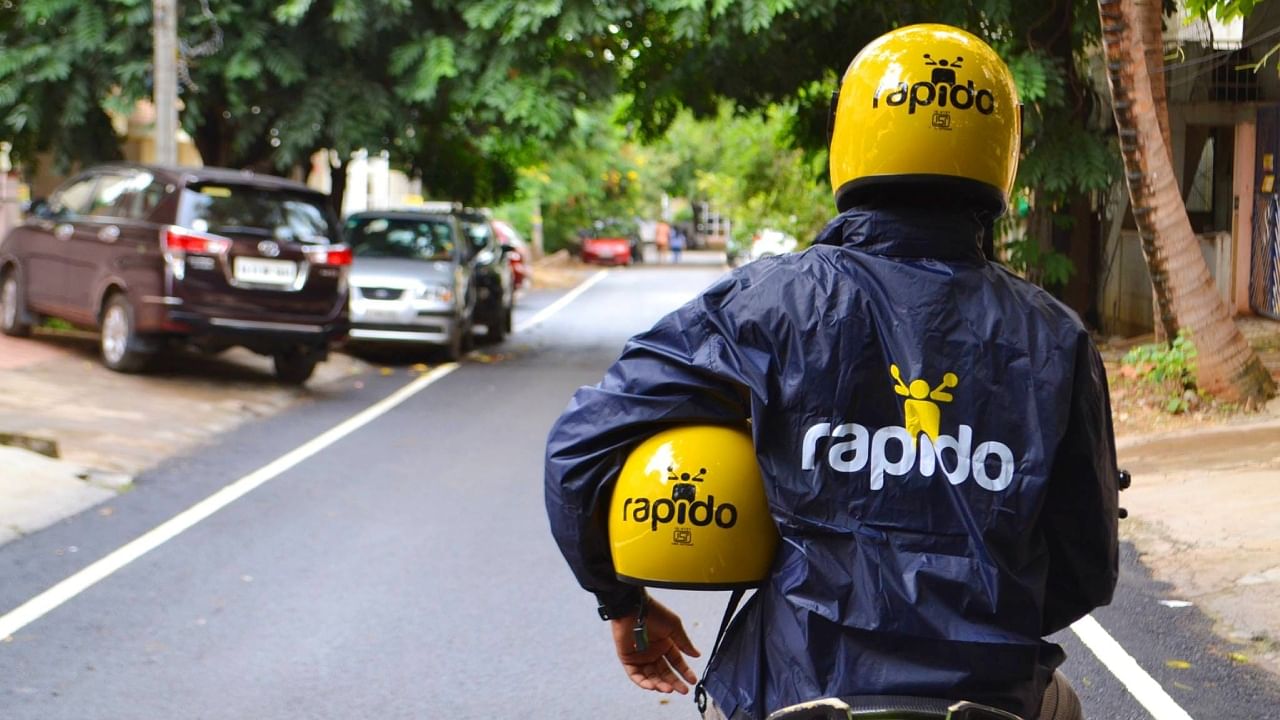
Recent incidents involving bike taxi drivers posing a serious safety threat to passengers, particularly women, have reignited a long-standing debate about the legitimacy and accountability of aggregators operating outside the existing laws.
On April 21, a disturbing video footage of a woman jumping off a bike taxi to save herself from the driver went viral.
This was not an isolated incident. In November 2022, a woman was raped by a bike taxi driver and his friend in Electronics City. It was later discovered that the key suspect had a criminal history, which the police noted the aggregator had failed to verify beforehand.
Also Read | Make aggregator, police accountable
Justina, a former student, recalled a harrowing experience when she hailed a bike taxi in RT Nagar last September. The driver asked her to ride instead and claimed to be busy attending to a phone call but began groping her once the ride commenced.
“After I raised the issue on the app, I was informed that the driver had already been suspended from service,” she said. A couple of days later, she received a phone call from the driver asking her if she was interested in him. She made the issue public. The aggregator’s response was the same: “We have suspended him from service.”
Other users have reported similar incidents, including breaking traffic rules, monetary demands, harassment during and after rides, and more.
The question arises: why are these drivers still allowed to continue working and profiting from the platform?
Bike taxi operators are an integral part of the gig economy, similar to food delivery apps that employ drivers on temporary, contractual terms. Their services have become increasingly popular as commuters seek first- and last-mile connectivity.
However, when issues arise, the lack of a full-time employee contract limits liability on the aggregator, making it difficult to hold them accountable as they shift the burden of safety and responsibility onto individual contractors.
Rapido, a leading bike taxi aggregator, explicitly states in its terms and conditions that the company is not liable for the actions of its captains.
“The company is not responsible for the behavior, actions, or inactions of drivers of vehicles, captains or quality of the vehicle which you may use. Any contract for the provision of a vehicle for the services is exclusively between you and the captain, and the company is not a party to the same.”
Joint Commissioner of Police (Traffic) M N Anucheth believes that, regardless of legal circumvention, there must be a system in place to ensure aggregators assume some responsibility for the safety of drivers and passengers. Talks have been ongoing to implement such a system, he said.
“Instead of incentivizing rule-breaking and basing payment and ratings on delivery time, these companies should incentivize adherence to rules and develop technology to penalize misconduct,” he said.
Also Read | Bengaluru bus services to take a hit on May 9, 10
Read more at: https://www.deccanherald.com/state/bengaluru-bus-services-to-take-a-hit-on-may-910-1216460.html
Referring to the gang rape incident, he stated that if the aggregator had conducted thorough security checks on each driver, the incident could have been avoided.
Experts argue that the government holds the responsibility to hold aggregators accountable for such incidents.
Independent mobility expert Satya Arikutharam said, “Because the 2016 aggregator rules have yet to be settled in the ongoing court case, Karnataka is hesitant to take a firm stance against bike taxis, making regulation difficult.”
He believes that the state should follow the clear positions taken by Maharashtra and Delhi to ban bike taxi operations, providing clarity in Karnataka as well.
The existing regulatory void means that bike taxi victims can only file complaints against the aggregator under consumer laws.
Citizen activist Tara Krishnaswamy noted that both the aggregator and the government need to be held accountable.
“As an aggregator that wants to be classified as a public transport service provider, it is accountable to the public for its actions. The government, which grants licenses to these aggregators, must take action when numerous cases go unresolved,” she said.
Rapido’s safety checklist
Rapido checks captains’ backgrounds, including their criminal antecedents.
Passengers can share their trip status and use the emergency button to seek help.
The Rapido call centre contacts riders who use the service between 10 pm and 6 am for a safety check after the completion of the ride.
Every woman rider’s contact number is masked to protect their privacy and their interaction with the captain happens only through app encryption.
The captain is terminated immediately in case of any misconduct.